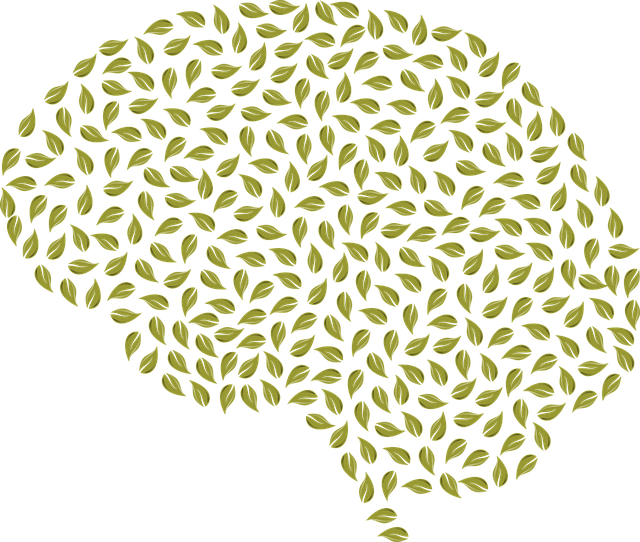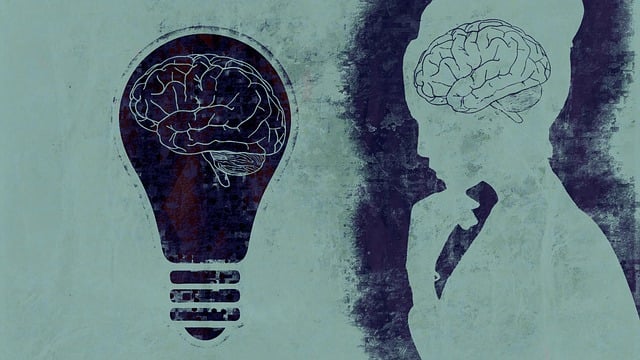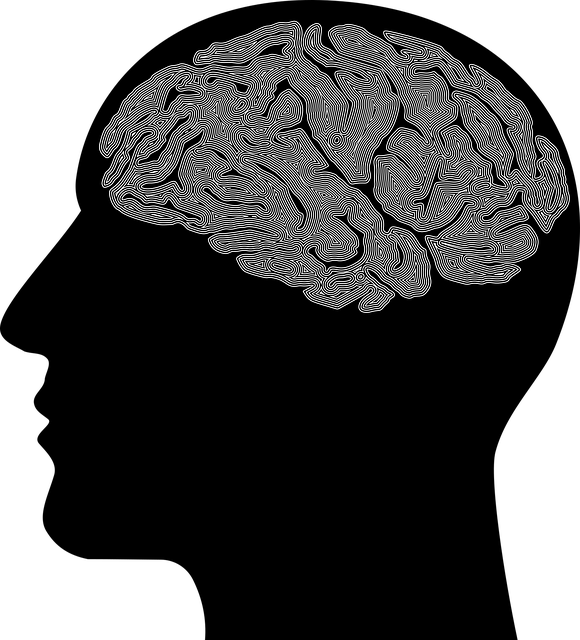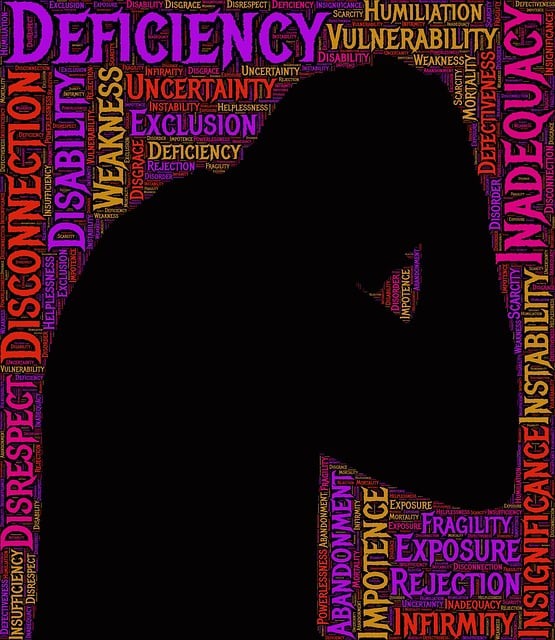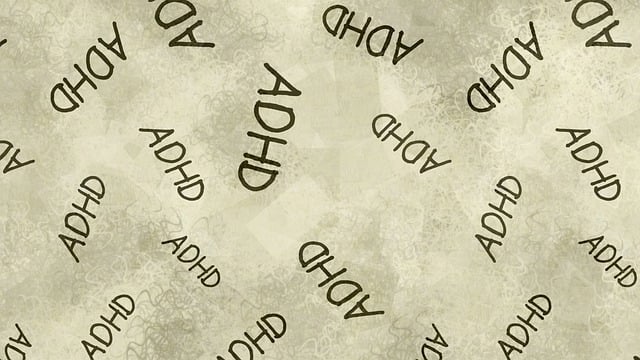Denver Cognitive Processing Therapy (DCPT), an evidence-based approach for mental wellness, can be integrated into app design to enhance therapeutic effectiveness. By combining mindfulness, cognitive restructuring, and empathy-building strategies, DCPT reframes negative thought patterns and cultivates compassion. A user-friendly mental wellness app featuring personalized therapy sessions, education programs, crisis support, and culturally sensitive designs can offer holistic well-being tailored to diverse needs, potentially revolutionizing stress reduction and mood management in today's fast-paced world.
In today’s digital age, mental wellness apps are becoming essential tools for managing and improving mental health. This article explores the integration of Denver Cognitive Processing Therapy (DCPT), a evidence-based approach, into app development. We’ll delve into key features that make a mental wellness app effective, focusing on user-friendly interfaces that enhance therapeutic experiences. Understanding DCPT’s principles will empower developers to create apps that support users in their journey towards better mental well-being.
- Understanding Denver Cognitive Processing Therapy (DCPT) and Its Role in App Development
- Key Features to Include in a Mental Wellness App
- Designing User-Friendly Interfaces for Enhanced Therapeutic Experiences
Understanding Denver Cognitive Processing Therapy (DCPT) and Its Role in App Development

Denver Cognitive Processing Therapy (DCPT) offers a unique and effective approach to mental wellness that can significantly influence the development of therapeutic apps. This evidence-based therapy focuses on processing traumatic experiences, particularly in individuals who have suffered from complex PTSD or related conditions. By employing techniques such as mindfulness, cognitive restructuring, and empathy building strategies, DCPT aids in reframing negative thought patterns and cultivating compassion cultivation practices.
Incorporating aspects of DCPT into app design can enhance its effectiveness by promoting self-esteem improvement and emotional regulation. Apps inspired by this therapy can provide accessible tools for users to navigate their cognitive processes, fostering a sense of control and empowerment. These digital interventions can offer personalized exercises tailored to individual needs, making therapeutic practices more convenient and engaging for modern audiences.
Key Features to Include in a Mental Wellness App

In developing a mental wellness app, integrating key features that cater to various aspects of mental health is essential. One effective approach is incorporating Denver Cognitive Processing Therapy (DCPT) techniques into the app’s design, which helps users navigate and process traumatic experiences. This therapy focuses on challenging and modifying negative thought patterns, a crucial aspect for fostering inner strength development. The app should offer personalized therapy sessions, allowing users to reflect on their thoughts and emotions while providing tools for self-regulation.
Additionally, mental health education programs designed within the app can empower users with knowledge about various conditions, coping strategies, and stress management techniques. Trauma support services, such as crisis chat or hotlines, are vital features that ensure users have immediate access to help when needed. By combining evidence-based therapies like DCPT with educational content and supportive resources, a comprehensive mental wellness app can effectively promote holistic well-being while catering to diverse user needs.
Designing User-Friendly Interfaces for Enhanced Therapeutic Experiences

In the realm of mental wellness app development, user-friendly interfaces play a pivotal role in enhancing therapeutic experiences. A well-designed interface acts as a bridge between users and Denver Cognitive Processing Therapy (DCPT) techniques, making complex concepts accessible and engaging. By prioritizing simplicity and intuitiveness, developers can ensure that individuals seeking stress reduction methods and mood management tools find solace and success within the app. Incorporating interactive elements, clear navigation paths, and visually appealing designs fosters a sense of comfort, encouraging users to engage consistently with their mental health journey.
Cultural competency training for healthcare providers is another critical aspect that aligns seamlessly with this design philosophy. Apps should be developed with an understanding of diverse user backgrounds, ensuring that DCPT practices resonate with various cultural perspectives. This inclusive approach not only broadens the app’s appeal but also enhances its effectiveness in treating a wide range of users. By addressing Stress Reduction Methods within an accessible interface, mental wellness apps have the potential to revolutionize how individuals manage their emotional well-being, especially in today’s fast-paced world.
The integration of Denver Cognitive Processing Therapy (DCPT) principles into mental wellness app development offers a promising avenue for improving therapeutic outcomes. By incorporating key features such as evidence-based techniques, personalized content, and intuitive interfaces, developers can create apps that empower users to manage their mental health effectively. With the right design and user experience considerations, these apps have the potential to revolutionize access to DCPT and enhance the overall well-being of individuals seeking support.

